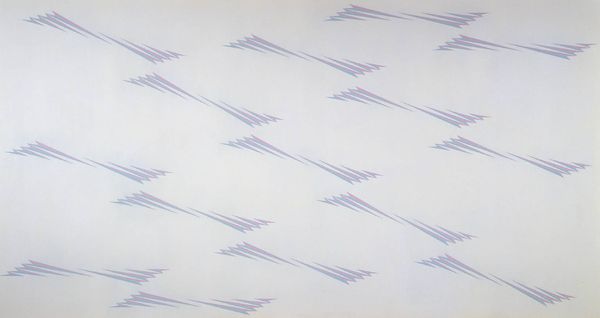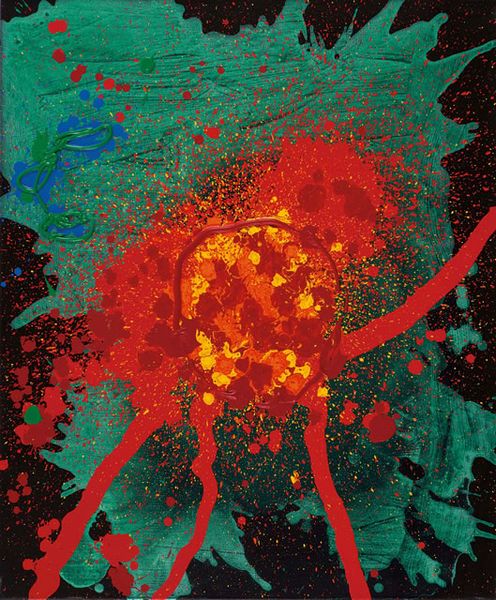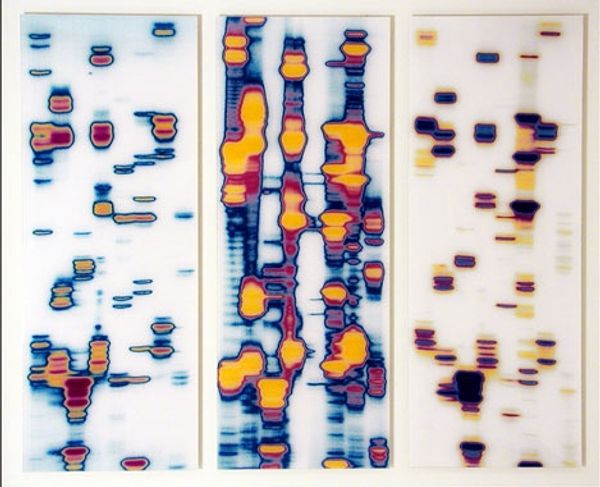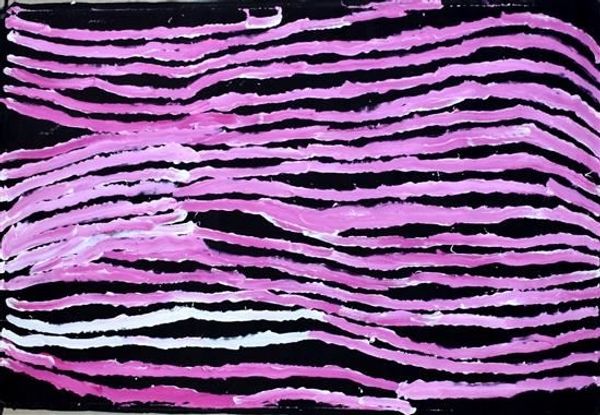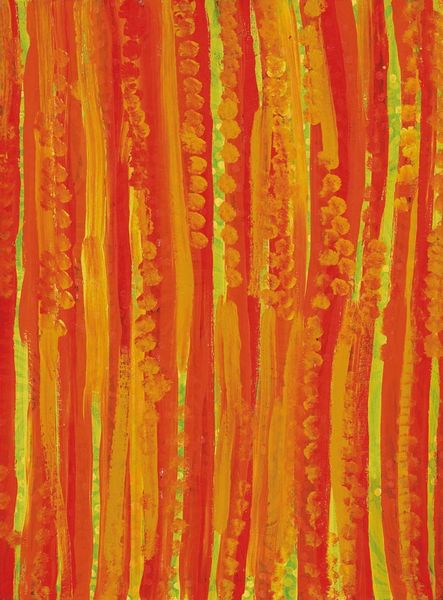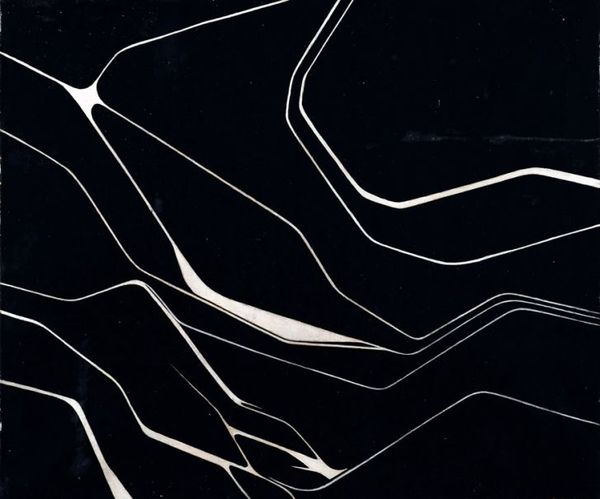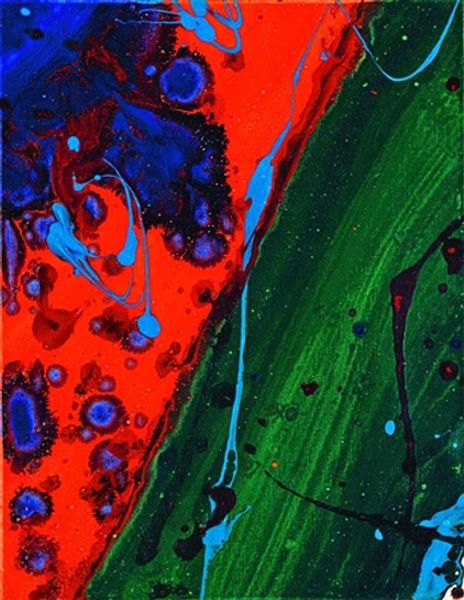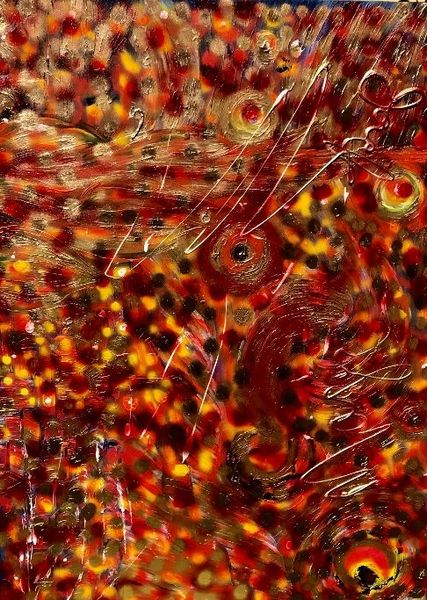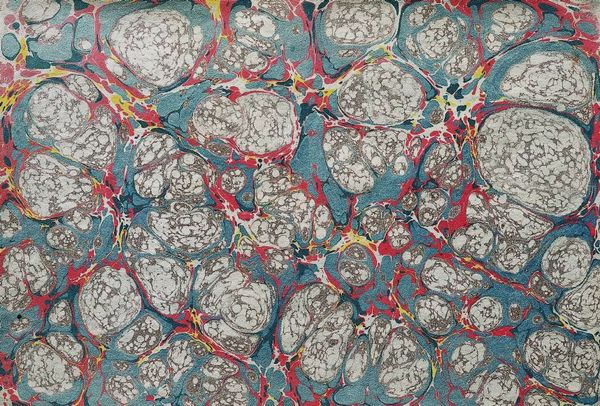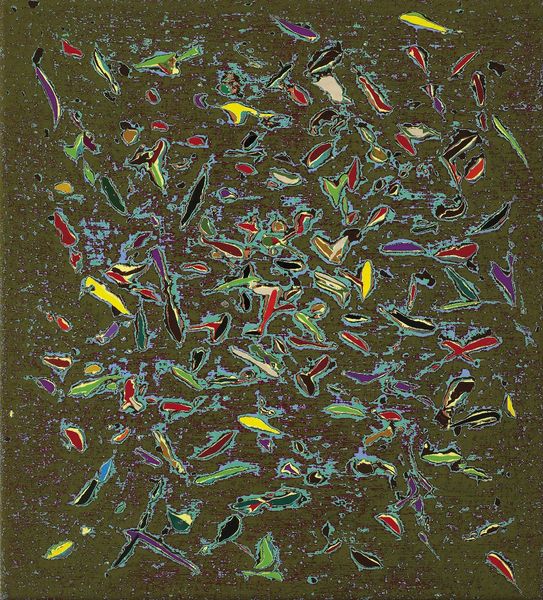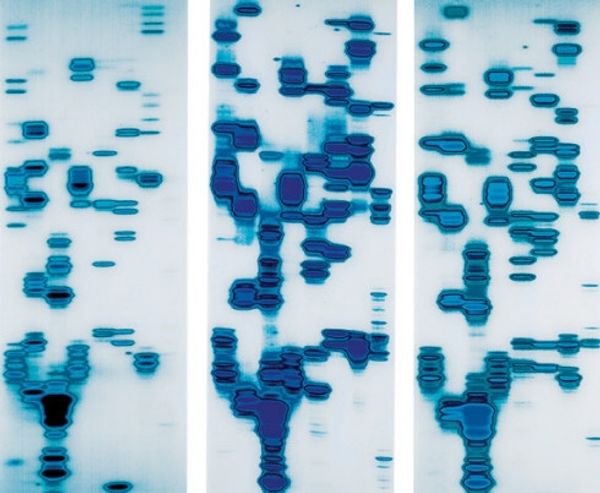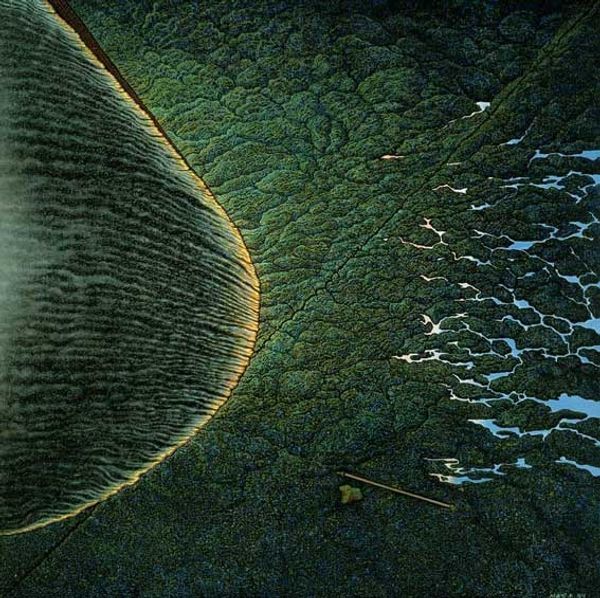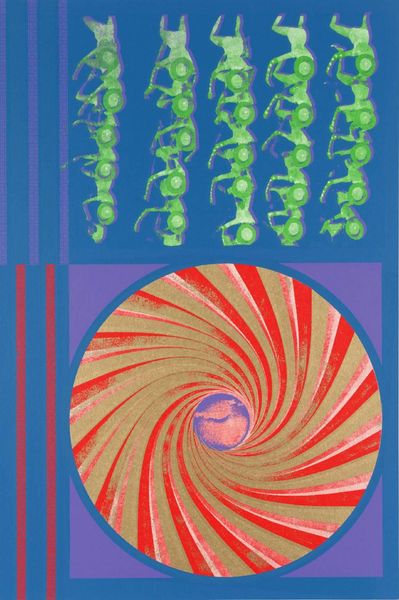
photography
#
abstract photography
#
landscape
#
photography
#
abstraction
#
line
#
abstract art
#
modernism
Dimensions: overall (image): 17.9 x 25.2 cm (7 1/16 x 9 15/16 in.) sheet: 27.62 x 40.16 cm (10 7/8 x 15 13/16 in.) mat: 35.56 x 45.72 cm (14 x 18 in.)
Copyright: National Gallery of Art: CC0 1.0
Curator: What catches my eye immediately is the almost electric feel—it’s visually stunning in a very unsettling way. Like a glitch in reality itself. Editor: That’s interesting. You're looking at Harry Callahan's "Detroit." It's a photographic exploration, captured sometime between 1943 and 1980. Quite a range! Curator: Ah, Callahan! So it’s even more poignant that this feels “electric,” knowing his meticulous methods. It's starkly minimalist, these sharp blues and faded reds—almost like memories layered one atop the other. There’s also this implied violence, of the sharpness—I almost feel pricked. Editor: Yes, I see that sharpness. These abstract, linear forms evoke a sort of industrial landscape but presented in a way that defies straightforward interpretation. And considering the title “Detroit”, it does invite you to consider the city's social and economic shifts over those decades when the image was made, maybe suggesting at those changes and uncertainties through visual abstraction. Curator: That makes perfect sense. Seeing it in context reframes my initial, emotional reading of it. It's almost like Callahan documented Detroit by channeling the collective uncertainty through his camera. Instead of clear images we are offered a visual impression that has that fleeting temporality of existence. It really messes with your mind! It becomes almost dream-like, hovering there on the paper as shapes—suggesting the city but really embodying its fractured existence. Editor: Absolutely. Callahan often played with the idea of capturing an emotional truth, or subjective feeling, over a straightforward recording of reality, reflecting broader modernist trends in photography and art. It asks a deeper engagement than many may assume when they consider straight photography. Curator: Well, considering my visceral response and how quickly the image shifts depending on the lens you view it through… it has made an impact, one that continues to provoke—just like great art should! Editor: Agreed, and it reminds us that the meaning of a photograph, just like any historical artifact, is constantly evolving, changing alongside society itself.
Comments
No comments
Be the first to comment and join the conversation on the ultimate creative platform.
